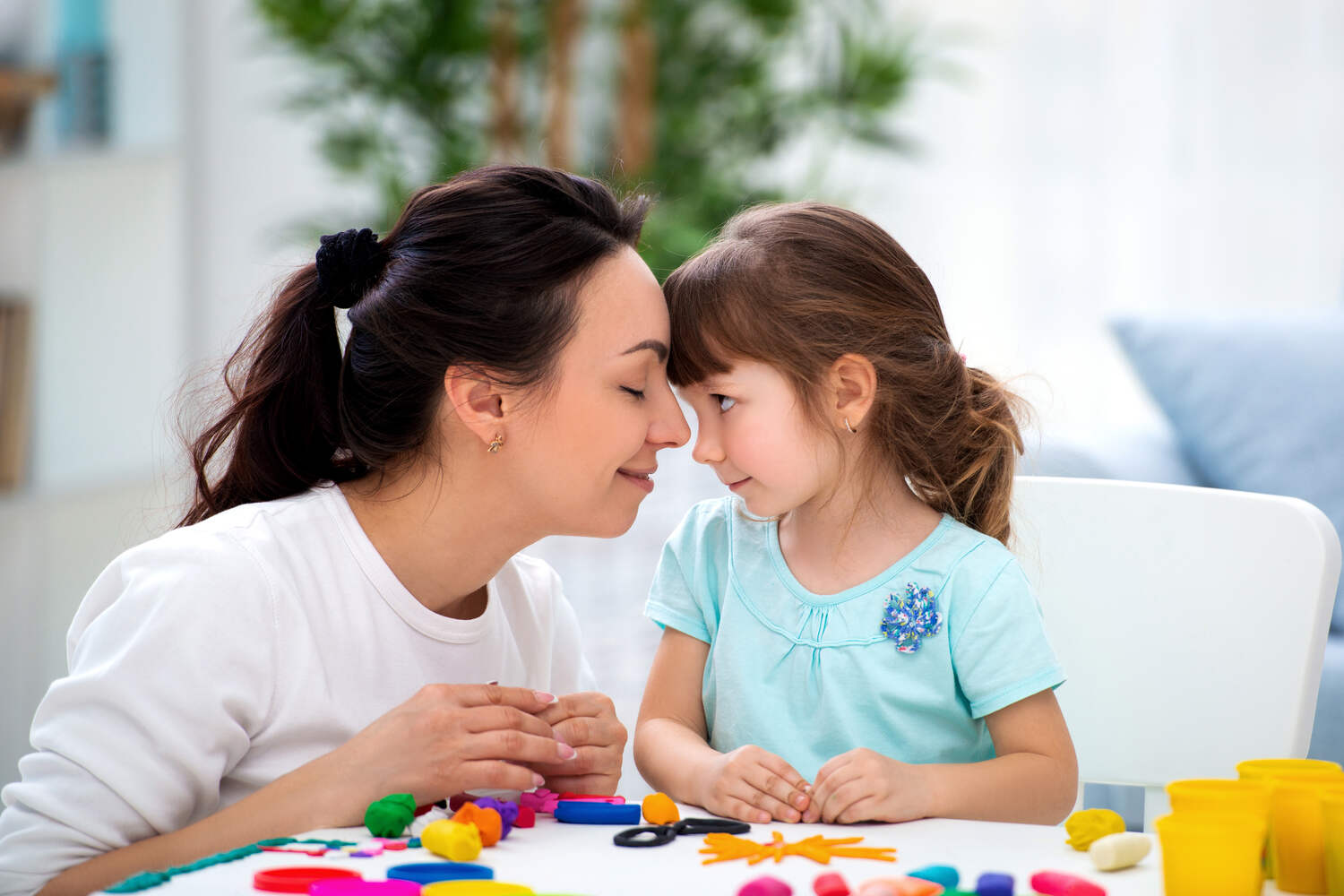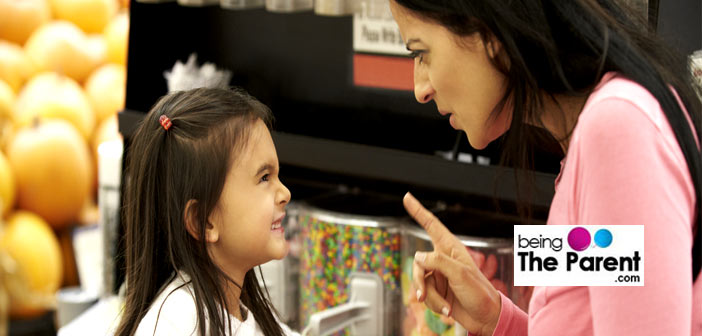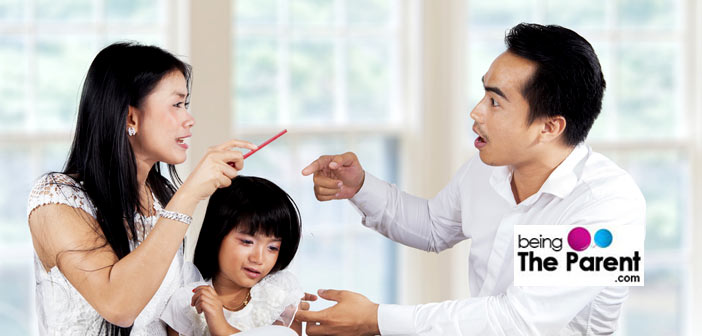
Are you one of those parents, who are control freak, who wish that their kids should be disciplined all the time? Sure, everyone loves a well behaved kid. We all learn our parenting techniques based on our childhood experiences. But how you train your kid to be disciplined is more important. Anger is bad for adults, worse for kids. We all have a bad day sometimes. It’s all right to have one but it is important to keep that anger away from children.
Why Is Anger Detrimental To Your Child’s Growth?
You would have heard or read the phrase that ‘angry parents create angry children’. Ever wondered why is it said so? Because parents tend to go from zero to 60 in just a spat. We start to react emotionally, in a bid to get our children under our control. Yes, this in fact when you as a parent are totally out of control! When you shout at your kids, in an attempt to control their behavior, you are screaming out loud that you want to control their behavior in order to feel better yourself. There are days when life is stressful. And whether we want it or not, we end up venting on our kids. When children become witness to our occasional anger pangs, they catch it in no time. It takes just two seconds to lash your anger on a child but what follows later is a lifelong guilt. Studies have shown that an emotionally disturbed child lacks behind in studies or sports.
10 Anger Management Techniques For Parents
Who says parenting is easy? It indeed isn’t. There’s no written rule book for parenting but how we manage your anger is in our hands. Let us work on 10 tips for anger management techniques for parents:
-
- Make it a point to not hit: We always teach our children to use words when they are upset. So why not we follow them? There are other alternatives other than using your hands. When kids throw tantrums, anger is the natural response. But when a kid sees that his mom or dad did not get angry and instead explained him that tantrum will lead to nowhere. He will also follow the path. Remember, calmness is contagious, but then, so is abuse. Read in detail here
- Control your emotions: Anger is a natural process of venting one’s feeling. But it is important to learn to control one’s emotions. Don’t take your personal anger such as bad day at work, or with relatives or any other person on kids. Kids are naughty, they are supposed to discover and it may be the hard way. However, they are not your punching bags to vent out your frustration on them
- Right place and right time: There is always a right time for everything. Kids learn and emulate the parents. Remember, shouting or punishing the kid at public place or shaming a child in front of his friends is certainly not the solution for anything. It takes patience and perseverance to raise a happy kid

- Reason: Before you lose your cool, first reason with yourself, that is this the right way of reacting? Is it really so bad that you have to shout and scream? We all know that accidents happen, and with kids things will take place which may not seem pleasant for you. Sometimes we act before we think. Think before it’s too late
- Direct your anger: It is said that “even the nicest people have their limits”. It is up to us to fix the limit. When in anger, direct your anger in to something productive. That will help you not to lose your cool
- Take deep breaths: Work pressures, deadlines, stress are parts of our everyday life. Kids are not aware of this. Unknowingly they end up on the wrong side of your emotion. Do not react instantly. Think if it is worth reacting. In case you get angry, quickly regain your cool. A child connected with his parents. When you are calm, you are ready to handle any parenting situation better and are focused
- Identify triggers: This works big time. Figure out what sets off the lid. Is it the scattered toys that greet you the moment you are home from work? Or the siblings spat that gets physically aggravated? Could you ignore the toys or could someone else take care of the basket by the time you are home? When you identify triggers, there is a mechanism that starts running in your brain, which will help you to remain calm. “That, yeah. No, I am not giving in to it.”
- No Fights: There can be issues between you and your spouse. We all have our share of issues. But whenever you have war of words or arguments, make sure you don’t yell in front of kids. There are spats bound to happen, but walk away of the kids are around. Kids pick up the words or actions sooner than you think. Make a code word that you can say and that implies that you will discuss the issue later with your spouse, in private. Here is why you should never fight in front of your kids

- Hugs: Hugs work big time. Believe it or not! Your kid may be pushing your buttons and makes you angry, but that does not stop him from loving his parents. Hug your child after you calm down and explain him that sometimes parents also have their share of bad days
- Don’t judge: No matter how aggravating, we find our child’s behavior, but that does not call for shouting or yelling. Never ever judge your child based on his behavior. All children react or behave according to their nature. Labeling a child will provide an identity to him, and he may start accepting the tag
Nobody makes you angry, you decide to use anger as a response. Children who come from angry homes are emotionally disturbed. Parents are the role models for kids. Let your child know that you are always there for him. Remember, childhood is just a phase, but parenting is not. Set the example of cool parents!

